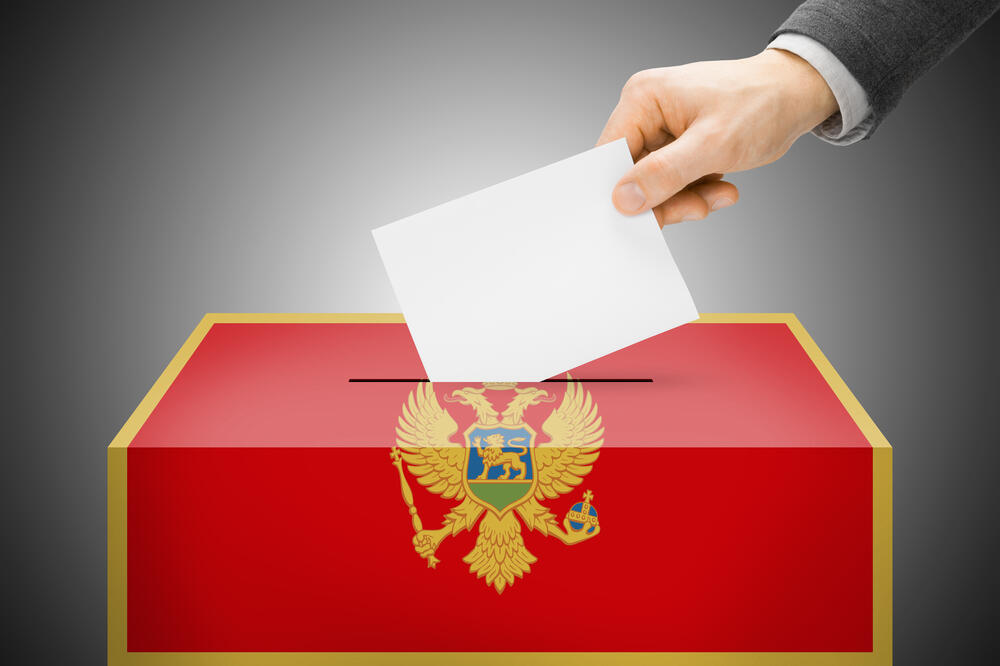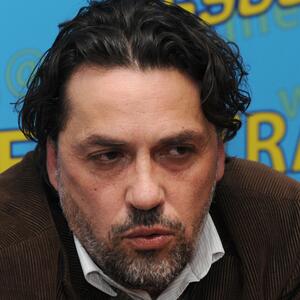One of the social issues that is somehow constantly pushed under the carpet in Montenegro, and cannot be illuminated in the right way, is the issue of our education system. Specifically, why is our education system in crisis? The answer to this question is simple - because our society is in permanent turmoil, that is, in an ideological crisis. A broader elaboration of this thesis also provides an answer to the question posed: how and when will we be satisfied with our educational system?
The term ideology was coined in Europe sometime at the end of the 6.000th century and denotes a set, a system of ideas and values that a larger or smaller group of people shares or promotes in order to organize their life in a certain territory. If we know that every state must have its own territory, it is easy to conclude that then its (state) population must have some set of ideas and values that will guide them in that state. From the creation of the first states somewhere around XNUMX years ago to the present day, their internal organization functions on the basis of state ideologies. In the same way, with the emergence of states, schools are also created as an expression of the need to educate and learn young generations in the spirit of state ideology. Because of this fact, schools are also a mirror of society - the state.
What happened to Montenegrin society from the nineties to today? The war on the territory of the former Yugoslavia not only destroyed the state but also its state ideology. Unfortunately, Montenegro as a country failed to establish a new ideology on its territory, and therefore its educational system was left to fend for itself by educating the new generations of our society. So in crisis.
The thesis that the upcoming presidential elections in Montenegro can provide an answer to the initial question of how and when we will be satisfied with the education system, that is, when the entire society will begin to emerge from the crisis, sounds paradoxical. First of all, you should keep in mind the following fact - Montenegro is at the crossroads of three ideologies that are equally rooted in our society, that is, legitimate. All three ideologies are individually easiest to identify in their relationship to the European system of ideas and values, that is, ideology.
The first ideology that had the opportunity to take root in our society until the 2020 elections produced Montenegrin ideas and values in the way of uncritical mere adoption of European values. In the educational system, this was manifested in the fact that only other people's solutions and curricula were translated. That was the first time we encountered some strange and clumsy concepts that were simply not applicable. It is wrong to claim that the political changes of August 2020 were caused by the elections. No, the political changes were the result of the rejection of that state ideology by the majority of voters. Montenegro once again found itself at an ideological crossroads.
The second ideology, which advocates for the conservative preservation of traditional values in the life of Montenegrin society, strongly insisting on national and religious characteristics, is rooted in all national and religious communities of Montenegro. It is not compatible with European values, except on paper.
There is a third ideological matrix at the Montenegrin ideological crossroads. It is colloquially called the bourgeois, centrist current. This ideology is compatible with European ideology. Unlike the first ideology, its attitude towards European values is to take a critical stance. This means applying those values that are immanent in our society. This also means that the Montenegrin society in itself must create its own European values and ideas that would be part of European values through its own existence. Unlike other ideologies, this current does not push its national and religious characteristics to the fore, and they are not the basic paradigm of an individual's social success.
In the upcoming presidential elections, we will be at an ideological crossroads because we have to choose one of these three ideologies. Candidates for president are recognized as bearers of all three ideologies. The president of the country is also its first symbol. By choosing the President, we will also choose the national ideology of our country and the values we will teach our students in schools. It depends on us, the citizens of Montenegro, how much time we will spend in the social crisis.
The author is a member of the General Secretariat of CIVIS
Bonus video:





